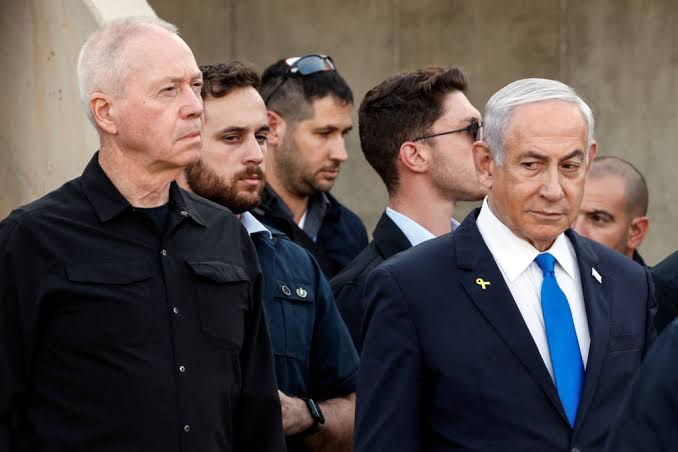Biden Condemns ICC Arrest Warrants For Israeli Prime Minister Netanyahu.
US President Joe Biden has criticised the International Criminal Court (ICC) for issuing war crimes arrest warrants for Israeli Prime Minister Benjamin Netanyahu, former Defence Minister Yoav Gallant, and Hamas commander Mohammed Deif, calling the decision “outrageous”.
Netanyahu, rejecting the ICC’s legitimacy, described the warrants as “antisemitic” and likened them to the infamous Dreyfus trial of the late 19th century. He argued that Israel had taken extensive measures to minimise civilian harm during its military operations in Gaza, including issuing warnings to civilians, while accusing Hamas of using residents as human shields.
Hamas welcomed the ICC’s move against Israeli leaders as a “historical precedent” but did not comment on the warrant issued for Deif. Palestinians in Gaza have expressed hope that the ICC’s actions might bring Israeli officials to justice.
The warrants stem from alleged crimes following the 7 October 2023 Hamas attacks on Israel, during which over 1,200 people were killed, and 251 hostages taken. In response, Israel launched a military campaign in Gaza, resulting in over 44,000 deaths, according to local health authorities.
The ICC alleges that Netanyahu and Gallant bear responsibility for crimes including the war crime of starvation as a method of warfare and crimes against humanity such as murder and persecution. Meanwhile, Deif faces charges related to acts of violence, including murder, torture, and sexual violence, allegedly committed against Israeli civilians.
The impact of the ICC warrants remains uncertain, as enforcement depends on cooperation from the court’s 124 member states. Neither Israel nor the US recognises the court’s jurisdiction, complicating the potential execution of these warrants. However, European officials, including those from Britain, France, and Italy, have reiterated their support for the ICC’s mandate.
As international reactions continue to unfold, the warrants mark a significant moment in the ongoing conflict, raising complex legal and geopolitical questions about accountability and justice.


